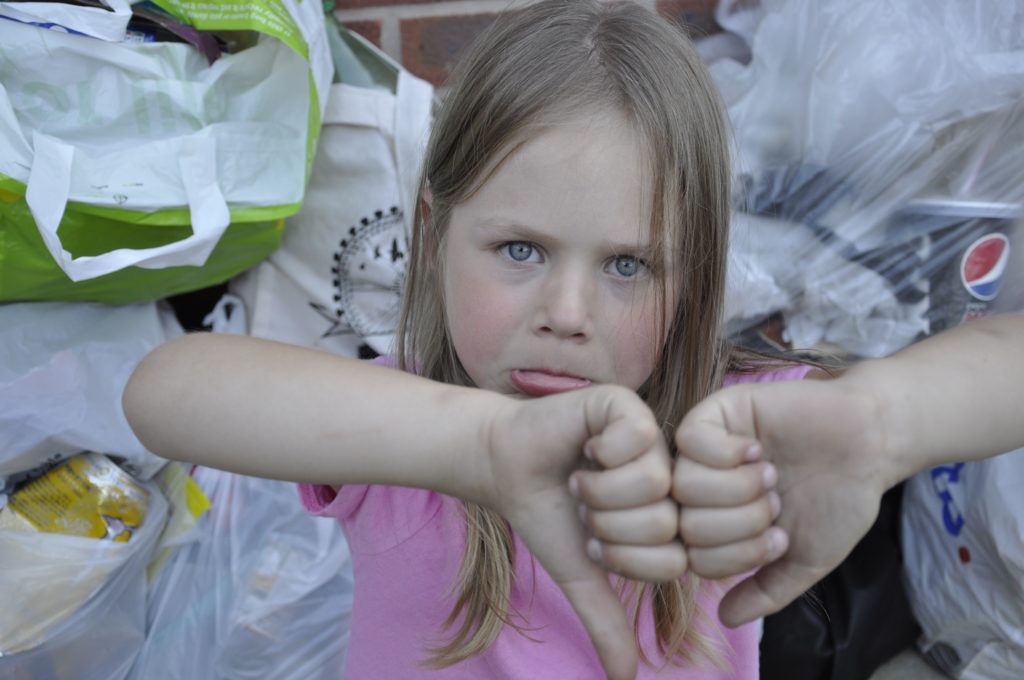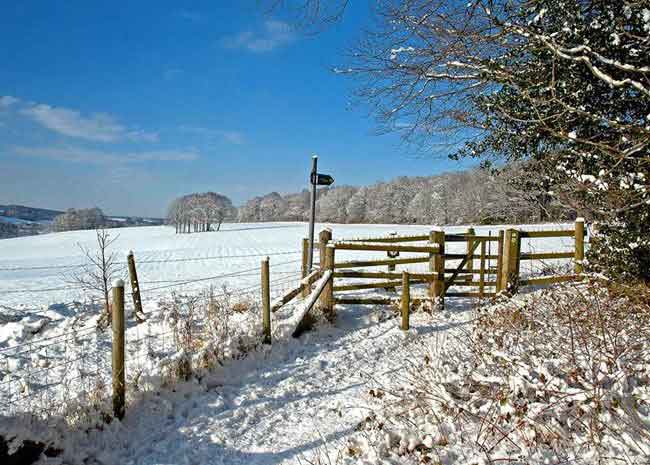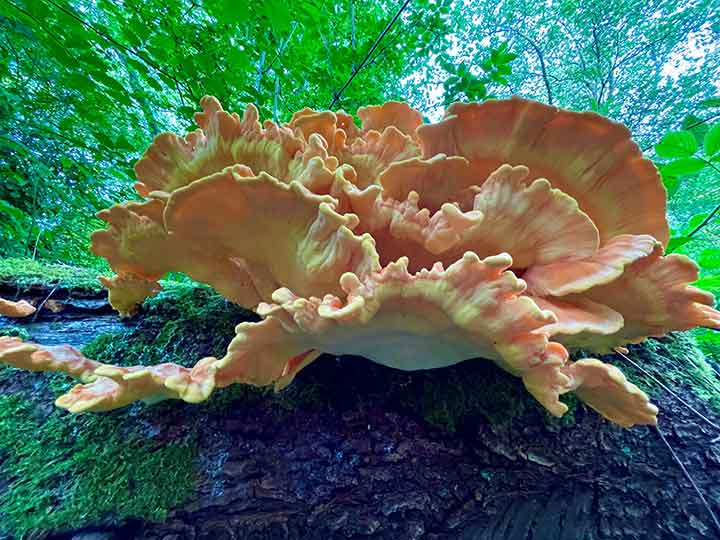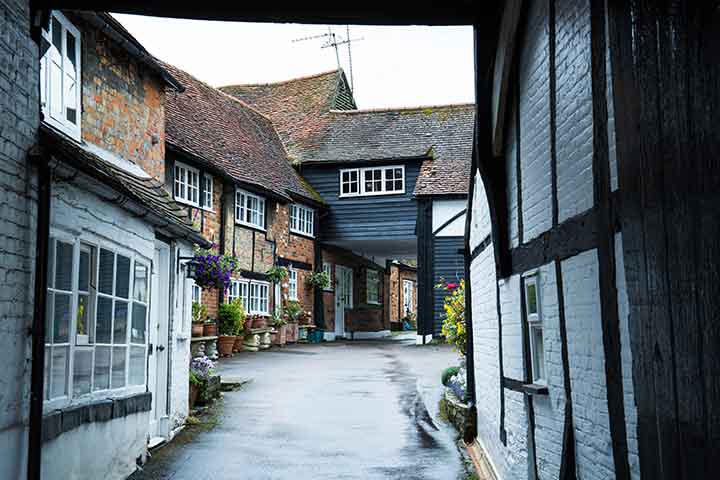Isla started litter picking after learning about different ways to be eco-friendly in her lessons at school. She started collecting litter on her way to and from school in Studley Green and found there was a lot of rubbish along the main road. She decided that she wanted to do her bit to help the environment.
“I feel really angry about litter because it’s not nice for the environment and it doesn’t rot for a long time. There is lots of plastic that we have collected and it doesn’t rot for a long time. Plastic is dangerous to animals too, it can get stuck in animals’ throats, they might eat it and they could stop breathing.”
For a few terms, she collected and recycled what she could when she arrived at school. She decided to keep all the rubbish she has collected during one term to show everyone how much litter she had accumulated from her small and reasonably rural local area. Many of her friends also became inspired to help her, and between them they quickly collected 16 bags full of discarded rubbish. Isla planned to lay out all this collected litter in the school hall. She hoped this would encourage others to be more sustainable and tidy the rubbish they see.
Over the term, Isla joined in with the Stokenchurch Parish Council litter pick to help clean her local area. She was the youngest volunteer on the day and was saddened by how much litter was found along a short stretch of road; many cigarettes and boxes, bottles, cans, sweet wrappers, sandwich boxes and over 40 plastic gloves from the petrol station.
Isla also initiated a family litter-pick from Studley Green to Piddington after being upset at the state of the pathway. Isla’s school kindly loaned them high-vis jackets and litter pickers for the task. On a stretch over just one mile, they filled five large bin bags with mostly recyclable waste. A huge achievement!
It’s important to Isla not just to pick-up litter on designated litter picks. She has been collecting and tidying rubbish in her day to day life too. On walks around the woods she has found balloons, bottles and string. On a recent beach trip, Isla witnessed a seagull eating plastic and decided action should be taken there too. So on two occasions now, she has initiated a #2minutebeachclean; once in Bournemouth and once in Shoreham, saving lots of plastic bottles, glass, cans, plastic netting, straws and even snorkels from entering the sea.
Isla’s family has made many changes at home to help the environment:
- They’ve stopped using plastic milk bottles and now have a local milkman delivering their milk in reusable glass bottles! Since April they have saved the use of 46 two-pint plastic milk bottles!
- They take a reusable water bottles to work and on days out, rather than buying more plastic bottles
- They say ‘no’ to plastic straws because they take years to rot. They break down into microplastics that can be eaten by sea animals.
- Isla’s Dad is going to stop chewing gum because that’s made of plastic, so he will switch to mints instead.
- They take reusable bags to the supermarket and avoid buying fresh produce that is wrapped in plastic.
- Isla chooses water or squash in restaurants and cafes instead of bottled juices.
- They now use reusable tubs from packaged foods for snacks instead of zip-lock bags. When they can’t be reused anymore, they recycle them.
- They have reused old glass pots from foods to make candles as gifts.
- They are trying to reduce their use of wet wipes.
- Their next challenge is to use less clingfilm and they’re going to attempt to make their own beeswax food wraps instead.
Isla said, “My perfect world would be a non-littered world without plastic everywhere.”
We quite agree.





